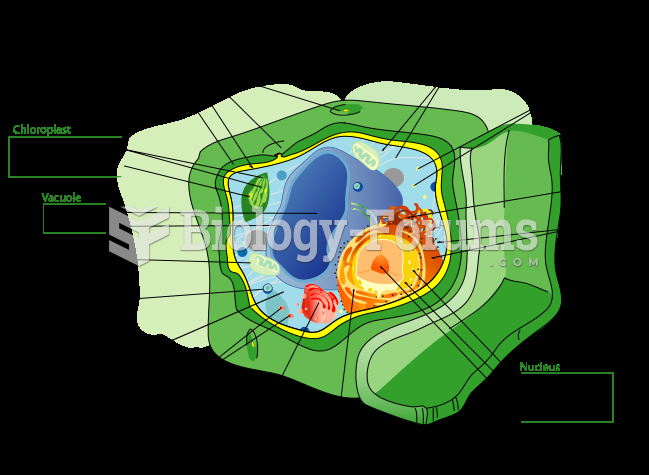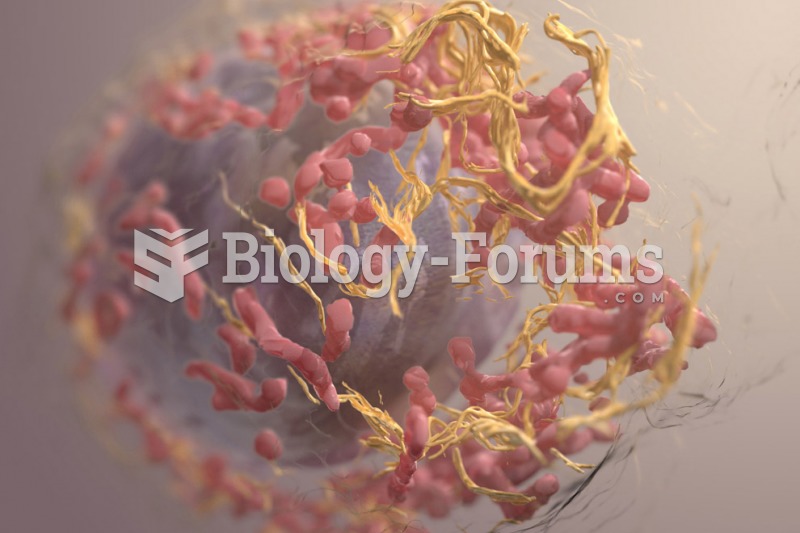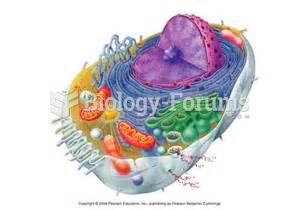|
|
|
The term bacteria was devised in the 19th century by German biologist Ferdinand Cohn. He based it on the Greek word "bakterion" meaning a small rod or staff. Cohn is considered to be the father of modern bacteriology.
Human kidneys will clean about 1 million gallons of blood in an average lifetime.
Aspirin is the most widely used drug in the world. It has even been recognized as such by the Guinness Book of World Records.
There are more nerve cells in one human brain than there are stars in the Milky Way.
When Gabriel Fahrenheit invented the first mercury thermometer, he called "zero degrees" the lowest temperature he was able to attain with a mixture of ice and salt. For the upper point of his scale, he used 96°, which he measured as normal human body temperature (we know it to be 98.6° today because of more accurate thermometers).







